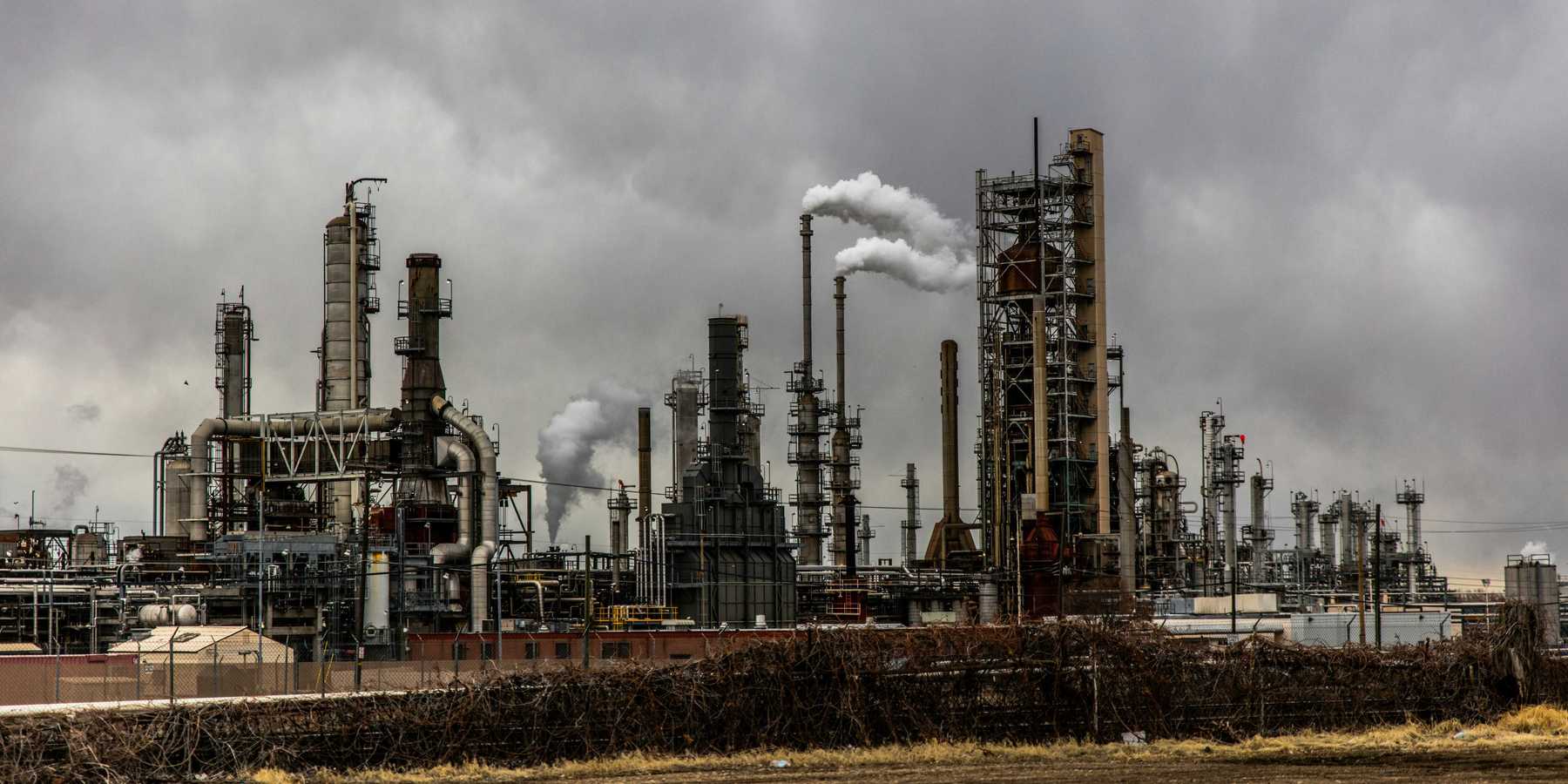
Everglades detention camp sits in hurricane alley, raising safety fears
Perched on a swampy former airstrip 60 miles west of Miami, the newly opened “Alligator Alcatraz” detention site shelters thousands in fabric tents that could meet Category 5 winds, floodwater, and wildfire long before anyone meets a gator.
Hiroko Tabuchi and Mira Rojanasakul report for The New York Times.
In short:
- The state-run facility, built in a week and rated only to Category 2 winds, would have to evacuate up to 4,000 detainees along a single two-lane road if a stronger storm approached.
- Hurricane paths show the Everglades has been struck roughly every other year since 1990; floodwaters linger, heat smothers in summer, and wildfire spreads when the wetlands dry out.
- Environmental groups are suing over the lack of federal review, yet the Department of Homeland Security says other states are lining up to copy the template.
Key quote:
“Say a Cat 5 comes through Central Florida. You're looking at massive winds, flooding and you're going to get officers killed. You're going to get migrants killed.”
— Jason Houser, former chief of staff at ICE
Why this matters:
Planting a large detention camp in one of the nation’s fastest warming, low-lying wetlands risks turning routine disasters into humanitarian crises. Climate change is intensifying Atlantic hurricanes and pushing sea levels higher, while hotter, drier winters feed fires that churn toxic smoke across South Florida. Detainees — often recently arrived, medically vulnerable, and lacking legal counsel — cannot leave on their own; they depend entirely on the state for water, power, and cooling. If roads flood or flames cut access, vital supplies and emergency care may stall for days. The Everglades also provides drinking water for cities and anchors rare habitat; contamination from sewage or storm debris could infiltrate beyond the razor wire.













